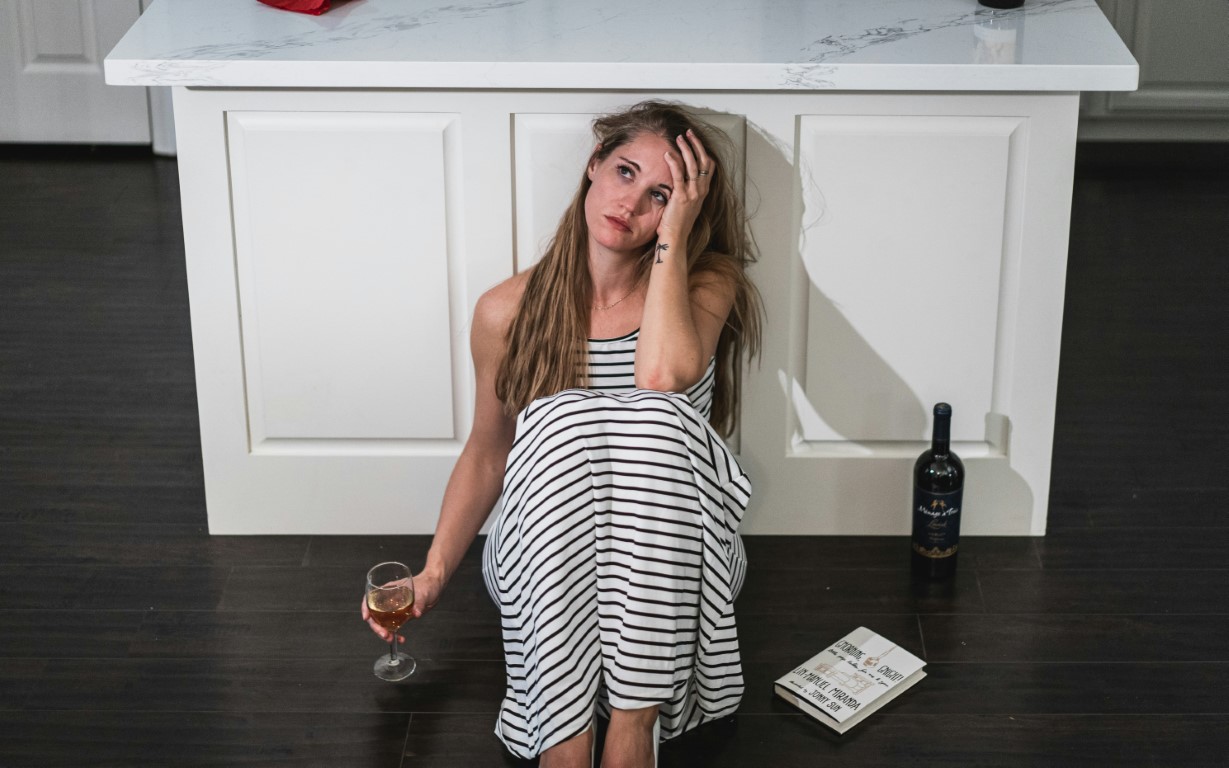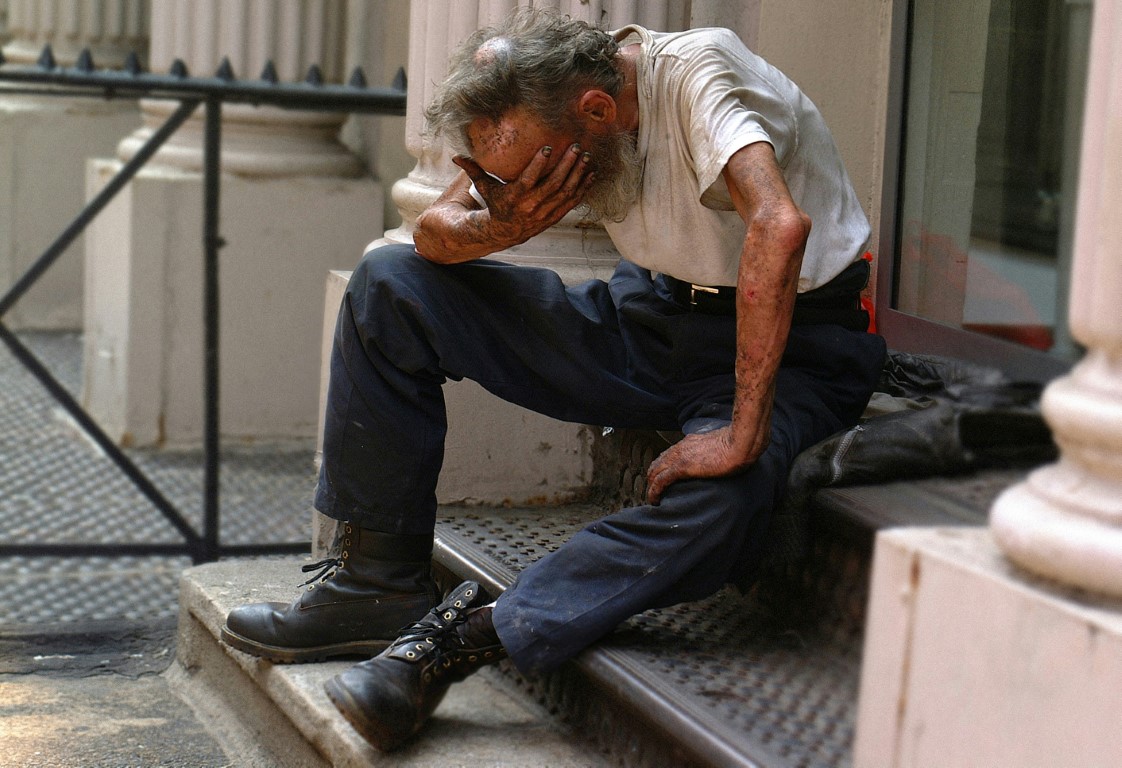Is Alcohol Hurting Your Relationship?
Some of you may feel reluctant to read this, but it's time to confront a difficult truth: Is alcohol hurting your relationship? Perhaps you're weary of your partner's excessive drinking. If you're experiencing feelings of resentment, hurt, confusion, and anger, you’re not alone. You've tried discussing your concerns, only to find yourselves in arguments. Your partner may promise to change or downplay the issue, insisting, "It's not the alcohol, it's X, Y, or Z."
If you find yourself on the other side of the equation, struggling with alcohol consumption, you might sense that it's problematic but feel unsure about how to cut back or quit altogether. Perhaps you're grappling with personal mental health challenges that you use alcohol to cope with, or you simply enjoy its presence in your life. When your partner expresses frustration, you might respond defensively, unable to see the issue if you're not drinking and driving, maintaining your job, and not spending nights out. Still, a part of you recognizes that there’s a problem.

Here are some facts about alcohol and relationships
Alcohol abuse can significantly impact relationships in various ways. Here are some statistics and insights into how this issue affects interpersonal connections:
1. **Conflict and Violence**: Studies show that alcohol abuse is linked to increased conflict and domestic violence. Approximately 50% of incidents of intimate partner violence involve alcohol use by one or both partners.
2. **Emotional Distress**: Research indicates that individuals in relationships where one partner abuses alcohol are more likely to experience higher levels of emotional distress. This can lead to a breakdown in communication and increased feelings of resentment. One of the reasons for emotional distress is that partner's often feel like their drinking partner is much less emotional available or they just have a sense that even if they're in the room, they aren't really there.
3. **Divorce Rates**: Couples where one partner has an alcohol use disorder are significantly more likely to divorce. Studies suggest that the risk of divorce can increase by 30%-50% when one partner struggles with alcohol addiction.
4. **Codependency**: Partners of individuals with alcohol abuse issues may develop codependent behaviors, leading to enabling actions and an unhealthy dynamic in the relationship. This can further complicate recovery and worsen emotional health for both parties.
5. **Mental Health**: Alcohol abuse is often correlated with mental health issues like depression and anxiety, which can exacerbate relationship problems. An estimated 30% to 40% of individuals with alcohol use disorders also struggle with co-occurring mental health disorders.
6. **Impact on Children**: Alcohol abuse can affect not just partnerships but also parenting, with studies indicating that children of parents with alcohol issues are more likely to face childhood trauma and have a higher risk of developing their own substance abuse problems later in life. Not only is alcohol hurting your relationship, it is hurting your children too!
7. **Financial Strain**: Alcohol abuse can lead to significant financial problems for families. The National Institute on Alcohol Abuse and Alcoholism reports that excessive drinking costs the U.S. economy about $249 billion annually, affecting families through lost productivity, healthcare costs, and legal expenses.
Is Alcohol Hurting Your Relationship?
Check all that apply
***If you are checking any of these boxes but especially more than 3, you definitely have an alcohol problem in the relationship.***
If you want your partner to stop or reduce drinking, it can be hard to know how to demand or encourage change. If you are the one drinking too much, you might not know if you can stop, even if a part of you really wants to. Is it worth the risk of losing your relationship, your home, your job, your health, your family and the life you’ve built together?
Read on to learn what steps to take.
Is Alcohol Hurting Your Relationship? Here's What to Do:

1. Acknowledge the impact: Is alcohol hurting your relationship?
Alcohol may have affected your relationship in a number of ways. One, if you used to party a lot together earlier in your relationship and one of you uses much less now, there can be a loss in the bonding experience of getting drunk together. Two, alcohol robs you of being present and intimate with each other as well as time lost from hangovers, bad moods, passing out or just simply zoning out or not really listening to each other. Three, you may be noticing a financial and health impact. And four, you or your partner may be making bad decisions like inappropriate flirting, driving while intoxicating or spending money frivolously. Take a moment to get real about what alcohol is costing your health, your relationship and your finances.
2. Get education and support
If over time you start to realize your partner has a significant problem with alcohol use, it’s helpful to get your own counseling and/or attend AA based groups like Al-Anon to see how you may play a role in your partner’s addictive behaviors and also how to cope with and confront your partner’s behaviors. If you are the one with the alcohol problem, there is so much help available that you can find a solution that works for you.
Check out the following resources:
- http://www.al-anon.org/
- http://coda.org/
- https://www.niaaa.nih.gov/publications/brochures-and-fact-sheets/treatment-alcohol-problems-finding-and-getting-help
3. Identify any small changes that might make a big difference.
In some cases, finding a compromise toward moderation is most helpful. For example, you may not mind so much that s/he drinks with friends as long as s/he spends time with you in a present, loving way just as frequently. Ask your partner to be willing to eliminate the kinds of alcohol that make him/her more irritable, moody or cause the worst hangovers. In other words, focus on any compromises that will help increase intimacy and security and decrease judgment and resentment.
4. Find a shared, healthy or fun activity to do regularly together that doesn’t have anything to do with drinking.
Some people drink more when they're bored or have gotten into the habit that fun is paired with drinking. Really work hard at finding a shared interest together that doesn't involve drinking. Take art classes. Tackle all the cool hiking spots. Volunteer. Join a club. You get the idea. Be committed to changing the pattern of always going out and drinking.
5. Know your boundaries.
If you absolutely know that you cannot live with someone who drinks excessively, you have to own that. This means that you must be willing to say: “It’s the alcohol or me.” You can say, “I will help you with it and we can go to counseling and/or treatment together but I will absolutely not put up with this.” Yes, it’s an ultimatum. And, no, your partner will not like it; s/he may even resist or be unable or unwilling to meet your demands. You may have to end the relationship. If you don’t set this limit, you are choosing a life of resentment, a loss of your full relationship potential and making you and your partner feel worse about him or herself over time.
If you are the one who's drinking too much, you also have to know your boundaries. What are you willing to change? It's not fair to your partner to keep making empty promises if at the end of the day you're not ready or willing to make significant changes in your drinking habits.


